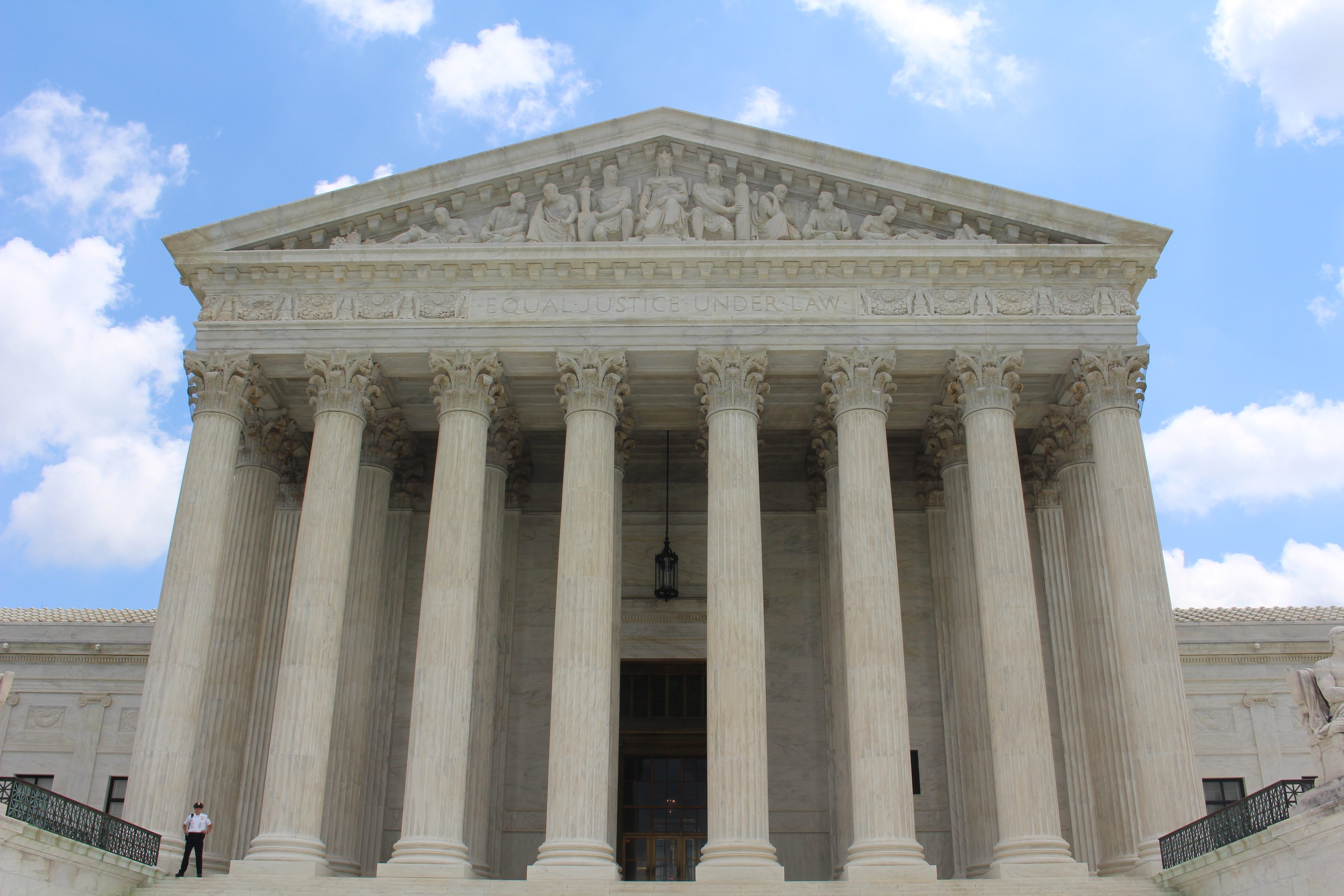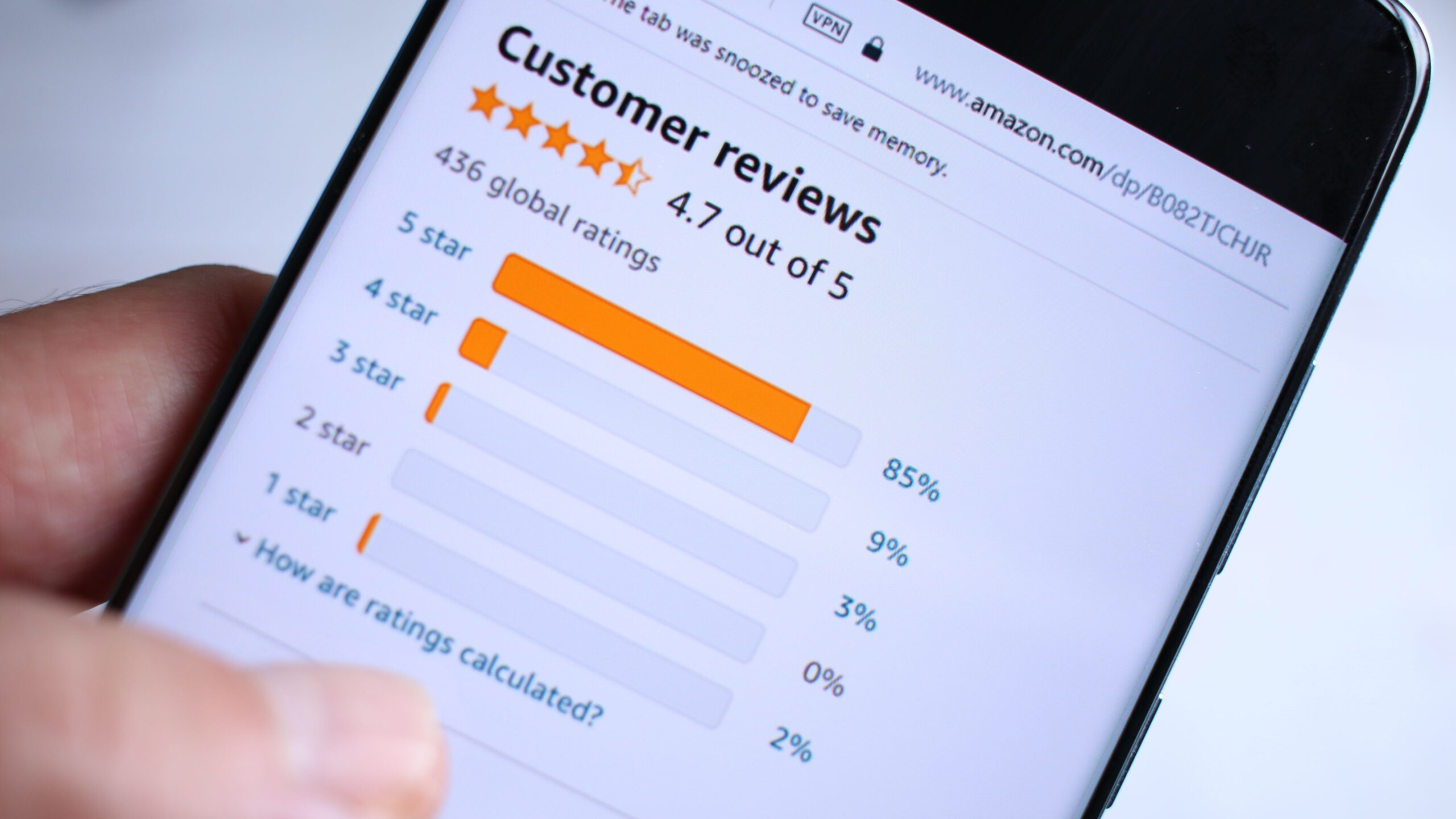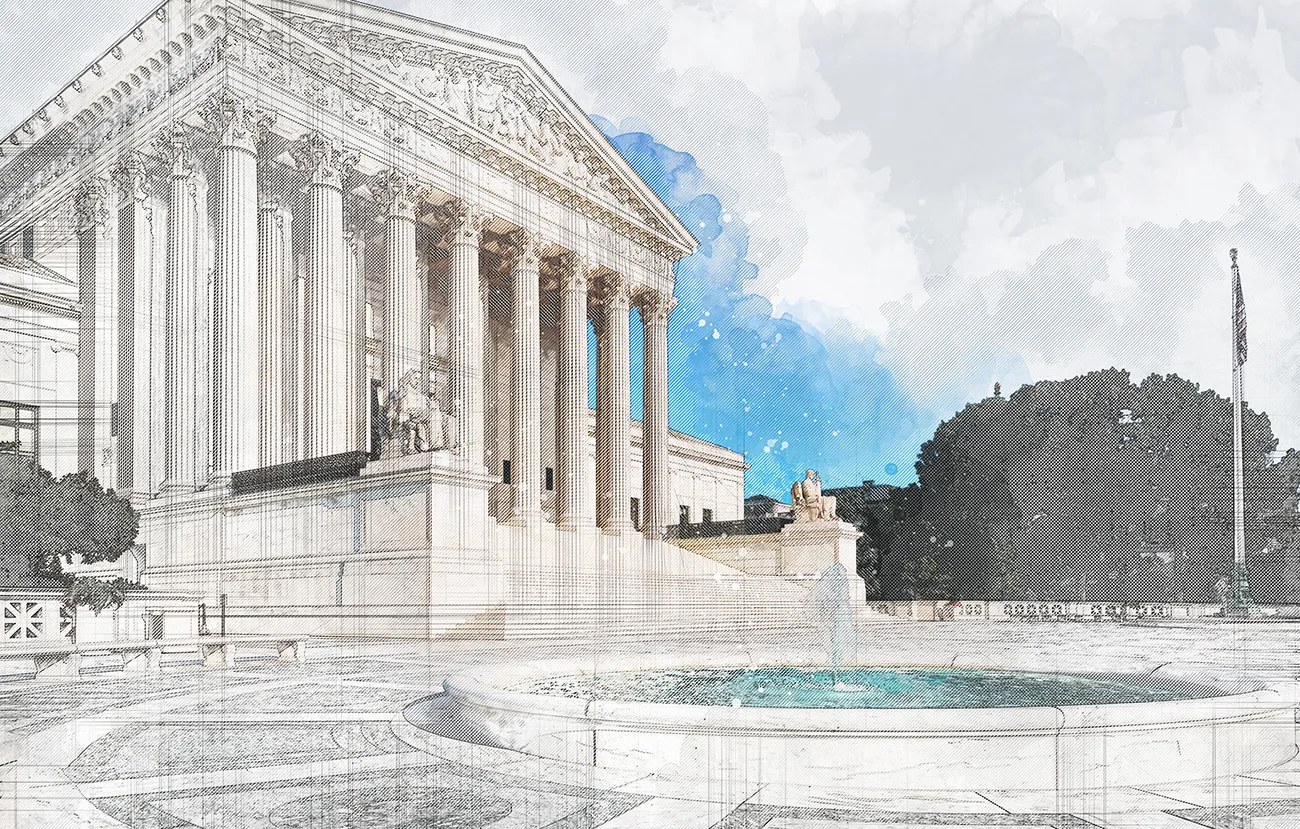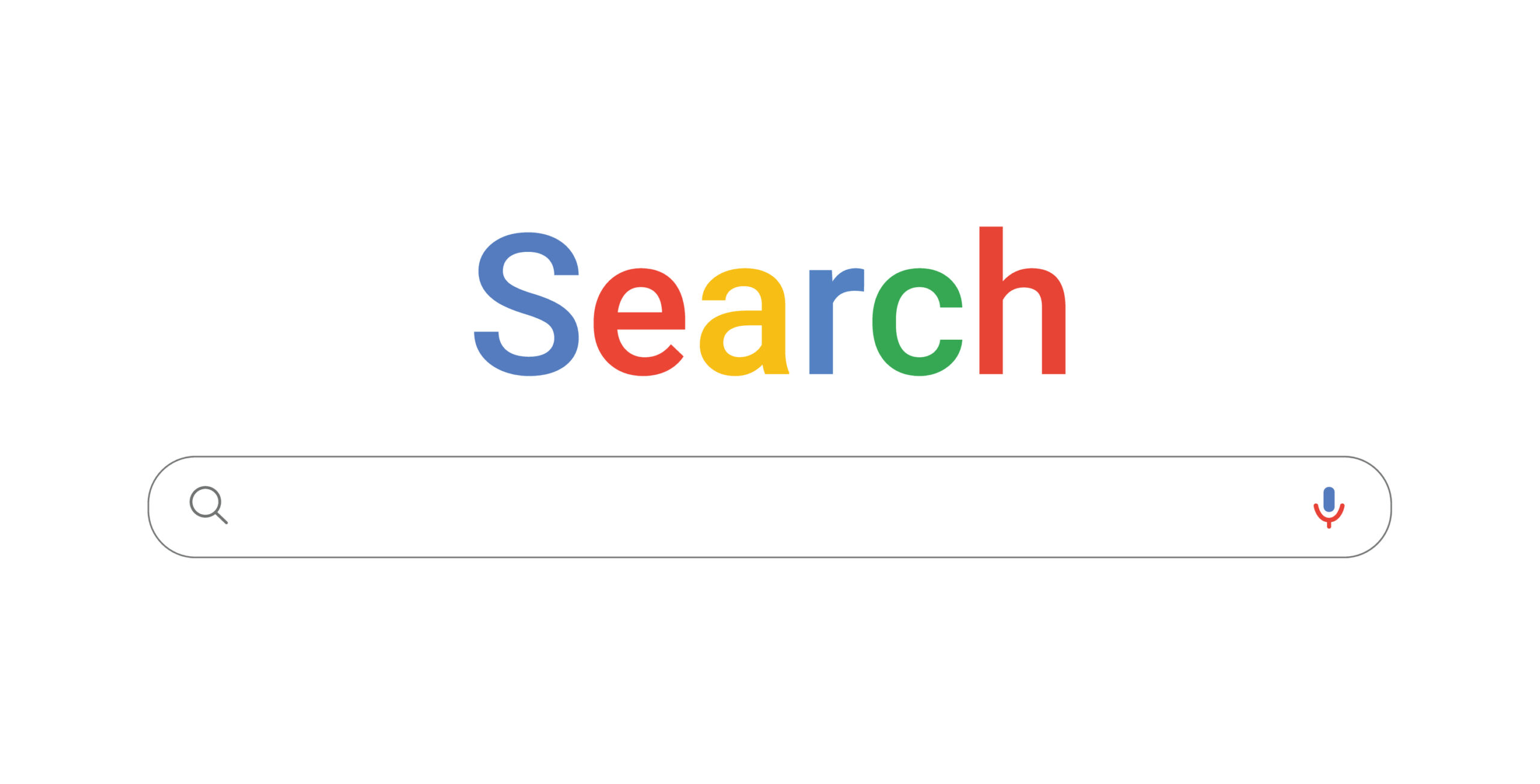The Supreme Court Grants Review in Google v. Oracle

Today, the U.S. Supreme Court granted Google’s petition for review of the Federal Circuit’s decisions in 2014 and 2018 that the Android application program interface (“API”) infringed Oracle’s copyright in the Java API. Numerous posts concerning this decade-old litigation have appeared on DisCo. See here for a summary of the litigation, including links to other DisCo posts.
Significantly, the Supreme Court granted Google’s petition even though the Solicitor General filed a brief advising the Court to deny the petition. As is typical with such Orders, the Court did not explain its reasoning for ignoring the Solicitor General’s advice and granting the review.
Google’s petition presented two questions:
- Whether copyright protection extends to a software interface.
- Whether, as the jury found, petitioner’s use of a software interface in the context of creating a new computer program constitutes fair use.
These two questions will be the focus of the Supreme Court’s consideration.
Google’s petition was supported by fifteen amicus briefs, filed by amici as diverse as Microsoft, Red Hat, Mozilla, copyright treatise author David Nimmer, 78 computer scientists, and the American Antitrust Institute. They all shared the concern that the Federal Circuit’s decisions would interfere with interoperability, and thus competition, in the software industry. The Supreme Court now will have the opportunity to undo the damage caused by the Federal Circuit’s decisions.








